Working in Russia: A Comprehensive Guide to Finding Jobs
Russia, the largest country in the world, offers a wealth of opportunities for professionals across various sectors. From major cities like Moscow and Saint Petersburg to more regional areas, Russia’s diverse economy is home to many growing industries that attract international talent. Whether you’re looking to start a career or seeking a new opportunity abroad, Russia presents exciting options for job seekers. Here’s a guide to help you navigate the process of working in Russia and finding a job.
The Job Market in Russia
Russia’s economy is diverse and rich in sectors such as energy, technology, manufacturing, agriculture, and healthcare. As one of the largest economies in the world, it has a significant demand for skilled workers, both from within the country and abroad. Moscow, Saint Petersburg, and other large cities are economic hubs, offering job opportunities in finance, IT, marketing, engineering, and more.
However, finding a job in Russia can depend on your language skills, your field of expertise, and the region where you plan to work. While international companies and global organizations often operate in major cities and may offer positions in English, speaking Russian greatly enhances your chances of securing a job and adapting to life in the country.
Requirements for Working in Russia
To work legally in Russia, you need a work visa or a temporary residence permit. The most common work visa is the Highly Qualified Specialist (HQS) Visa, which is available to professionals with advanced skills. To qualify for an HQS visa, you generally need to have a job offer from a Russian company, that will take care of obtaining your work permit and your work visa.
Please note that many companies are not used to hire foreigners, and that they need a special autorisation to hire foreigners.
If you’re planning to stay longer than a few months, you may need to apply for a residence permit. A residence permit is generally issued for individuals who have family connections to Russian citizens or can apply via the Shared Value Residency.
In addition to legal documents, you’ll need health insurance and proof of your financial stability, as part of the visa process.
Job Search Platforms
One of the most effective ways to find a job in Russia is by using local job search platforms. Some of the top websites for job seekers include:
- hh.ru (Headhunter): one of the largest and most popular job search platforms in Russia, where you can find job listings in a variety of industries. The website is in Russian, but it’s possible to find English-speaking positions.
- superjob.ru: another popular platform that lists thousands of job openings, including international and remote roles.
- Careerist.ru: a platform for job search and employee recruitment across Russia.
Many companies also post vacancies directly on their websites, especially in fields like IT, engineering, and finance.
Language Skills and Working in Russia
If you speak Russian, it is much easier to find a job in Russia and integrate into the workforce. The majority of the population speaks Russian, and fluency is often required, particularly for local businesses and smaller companies. However, in multinational corporations, some positions may require English proficiency, especially in fields like marketing, IT, and customer service.
If you’re not fluent in Russian, consider taking language courses or immersing yourself in the culture to improve your skills. Language knowledge will not only help you secure a job but also help you navigate day-to-day life, from ordering food to handling administrative tasks.
Work Culture in Russia
The work culture in Russia can vary depending on the industry and region. In larger cities, especially Moscow, the work environment is often fast-paced and competitive, with long hours expected in many fields. In some industries, particularly in the private sector, hierarchy is important, and respect for authority is valued. It’s also common for employees to work overtime, although it’s less frequent in certain sectors like government or education.
It’s important to understand the work environment and expectations in your specific industry to make sure you adapt to the culture successfully.
Salary Expectations and Cost of Living
Salaries in Russia can vary widely depending on the sector, job position, and location. Moscow and Saint Petersburg generally offer higher salaries compared to regional areas, but the cost of living is also more expensive. For example, rent and food prices in Moscow can be significantly higher than in smaller cities like Kazan or Novosibirsk.
On average, salaries for expats with specialized skills can be competitive, particularly in sectors like IT, engineering, and finance. However, you should be aware that the cost of living, especially in big cities, can make it necessary to adjust your expectations. Many people also supplement their salaries by taking on freelance work or pursuing side projects.
How to Increase Your Chances of Finding a Job in Russia
- Learn the Language: As mentioned, speaking Russian is one of the most important factors in securing a job. The better your language skills, the better your chances will be.
- Tailor Your CV to Russian Standards: Russian employers expect a detailed resume that highlights your skills and experience in a clear and concise manner. Be sure to include personal details like age, education, and references, which are typically expected in Russian CVs.
- Network: Building a professional network is crucial in Russia. Many job opportunities come through personal connections, so attending networking events or joining professional groups can help you find unadvertised positions.
- Stay Updated on the Job Market: Follow job boards, career-related news, and company social media profiles to stay informed about the latest opportunities.
Conclusion
Russia offers a wealth of job opportunities across many sectors, from agriculture to technology. While the job search process may require patience, especially if you’re not fluent in Russian, the country’s growing economy provides many chances for those who are determined and prepared.
If you’re interested in working in Russia, start by improving your language skills, exploring job search platforms, and familiarizing yourself with the local culture. Once you have your legal documents in place, you’ll be well on your way to starting a rewarding career in Russia.


